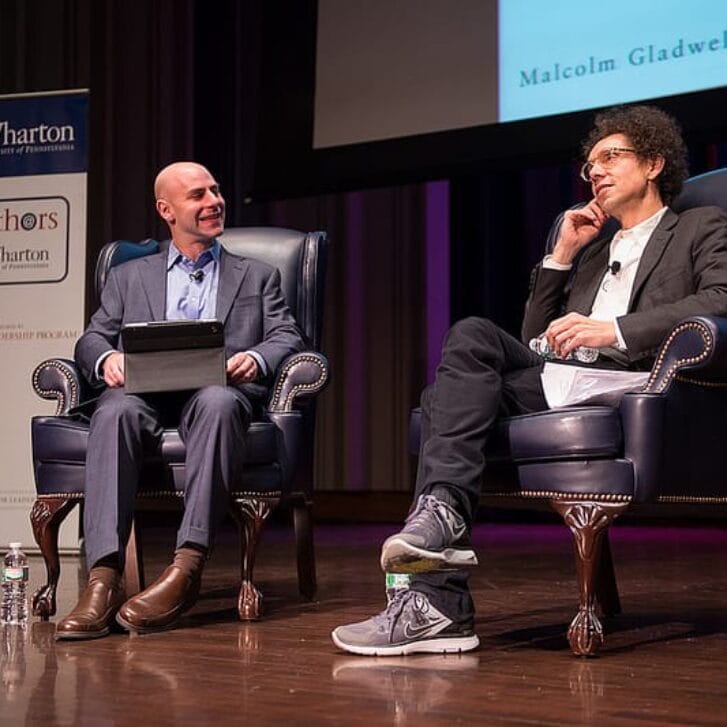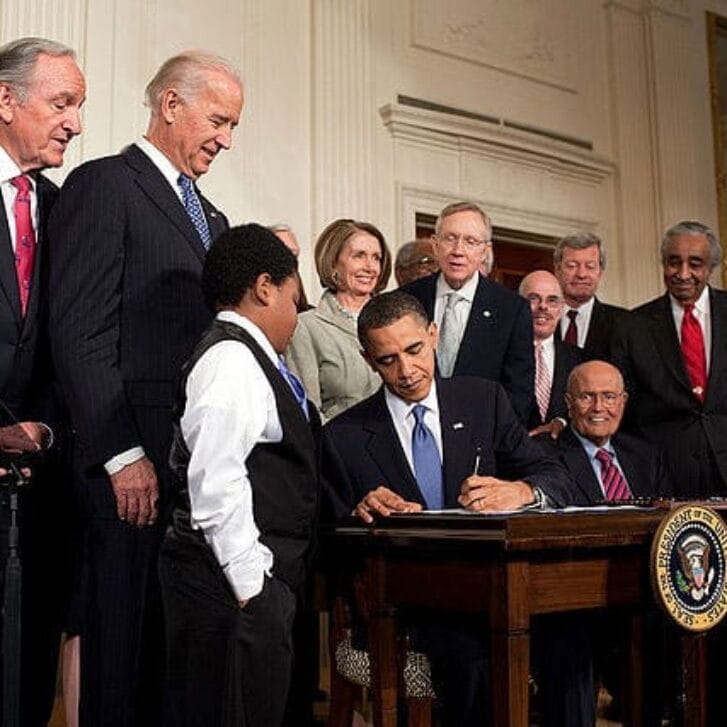“Hydraulic fracturing is at the center of controversy in a number of fields,” Sarah Light stated, marking the beginning of an October panel on Fracking, Environmental Policy and Economic Growth. The statement was one of the only things that the Penn Wharton Public Policy Initiative’s panel agreed on.
Consisting of Trevor Penning, director of the Center of Excellence in Environmental Toxicology at the Perelman School of Medicine; Kathryn Klaber, CEO of the Marcellus Shale Coalition; and Scott Perry, deputy secretary at the Pennsylvania Department of Environmental Protection, the panel discussed numerous controversies, problems and benefits of hydraulic fracturing.
Moderator Sarah Light, assistant professor of legal studies and business ethics, began by asking each member about their positions on hydraulic fracturing, highlighting the different areas of economic and health policy affected by fracking, using Pennsylvania in microcosm.
Klaber emphasized the positive impact that hydraulic fracturing has had on the economy of Pennsylvania.
“Over 40,000 jobs have been created in biological, regulatory and production labor market sectors,” she said.
The drilling itself also directly benefits many landowners who have natural gas on their property and have entered into agreements with drilling companies, she also noted. There is an influx of labor and production—and communities in Pennsylvania are reaping the benefits. Many communities that were previously impoverished have now undergone a complete makeover.
Penning discussed, on the other hand, the health issues related to hydraulic fracturing. Retrieving natural gas from the ground contaminates the air and requires injecting water loaded with toxic chemicals—chemicals that haven’t always been clearly articulated to the public.
“There are more unknowns than there are knowns,” he argued. “We’re going at such a fast pace that we don’t know if this is the safest, most health-conscious science. We need to expand the funding on this.”
Perry countered Penning’s concerns about the lack of transparency by stating that “hydraulic fracturing is new, but the issues surrounding it are not.” He emphasized that the Pennsylvania Department of Environmental Protection is working hard to enforce regulations that protect public safety, human health and the environment—and that the department’s goal is create a “zero-tolerance policy” on contamination.
Perry also contended that public, health and energy policies developed in Pennsylvania would serve as a model for other states and for other countries around the world.
“Countries are coming to Pennsylvania to ask us how we are regulating,” he said. “The eyes of the world are on Pennsylvania.”
Hands flew into the air as the Q&A opened up to the Penn and Wharton student audience. Students had many questions for the speakers, but Perry had one of his own for the students.
“I concede that everyone in this room is smarter than me,” he said. “I pose this challenge for Wharton students: Come up with a waterless hydraulic fracturing system. That will solve 85 percent of our concerns about health and safety.”



























